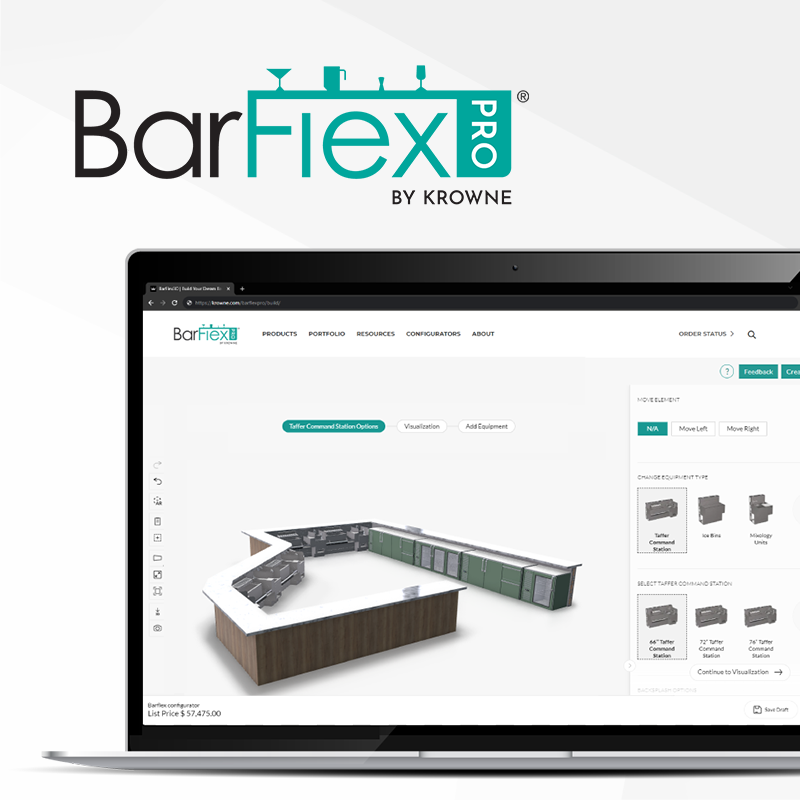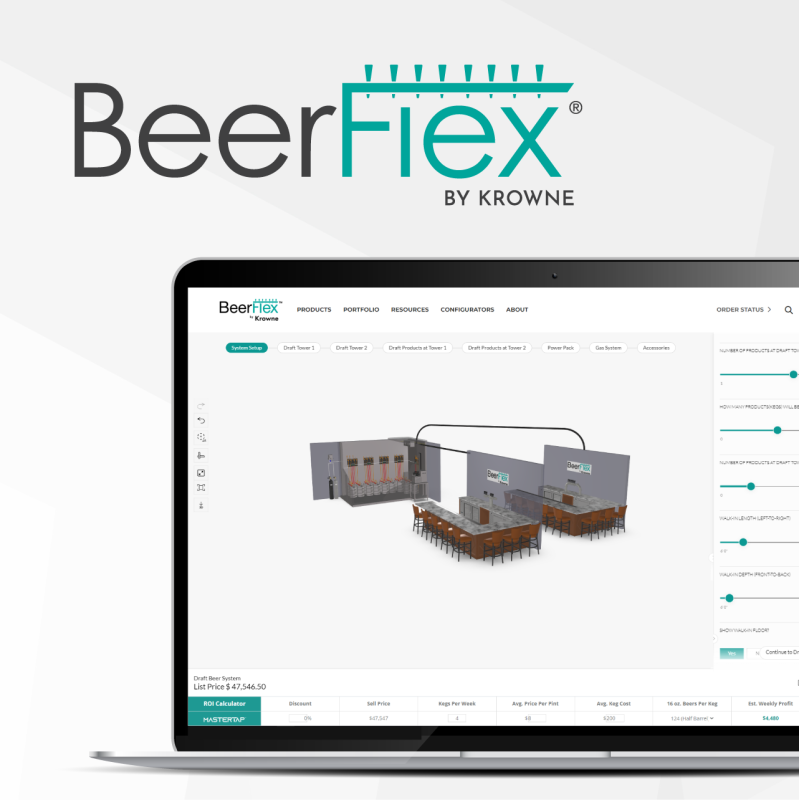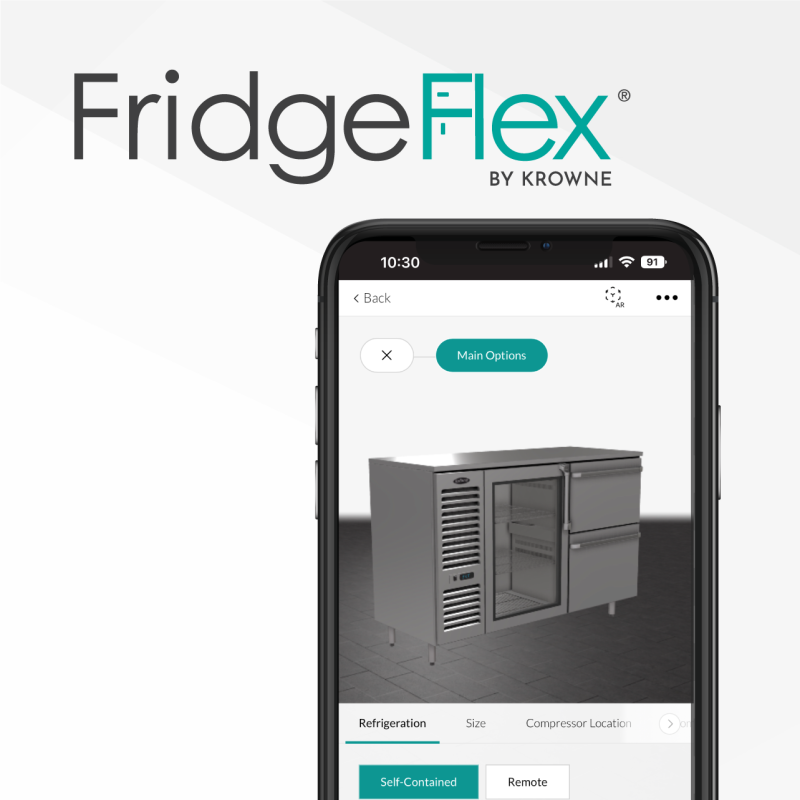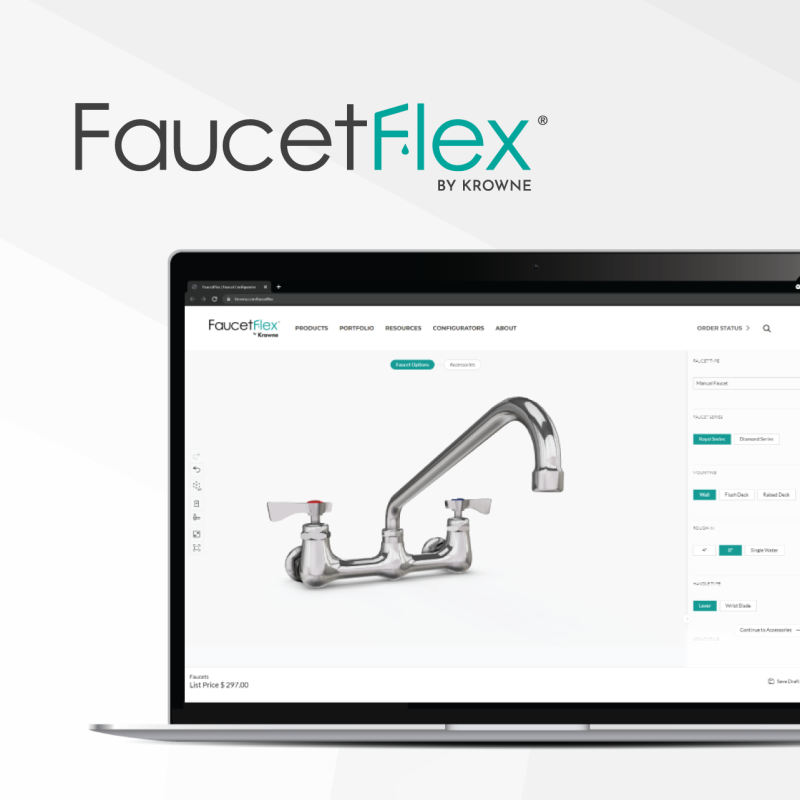A Conversation with Sean Kenyon
April 30, 2021 | Bartender Ambassador Series
Sean Kenyon is a third generation bartender with over 35 years of experience. Originally from New Jersey, Sean now lives in Denver CO, where he co-owns three award-winning bars: Williams & Graham, named one of the world’s best bars by Drinks International in 2014 and the Best American Cocktail Bar at the 2015 Spirited Awards. Occidental Bar, which made Esquire's best bars in America list in 2016. And his newest venture, American Bonded, which was named one of the “Best New Bars in the World” by Liquor.com.
With each of your bars are you exploring something new or trying different formulas?
I've always maintained my identity as a bartender first and a bar owner/operator second because I still think like a bartender. When I opened my first bar, Williams and Graham, I wanted it to be the culmination of everything I've done as a bartender as far as crafting classic cocktails and doing the research—trying to get as authentic as possible with the ingredients, as well as using the classic methodology in creating new cocktails.
My next bar, Occidental, was more of a reflection of me as a person. Whereas Williams & Graham was a culmination of my professional life, Occidental was a culmination of my personal life. Having worked in bars for 35 years I had a lot to draw. I wanted it to be a convivial space that's welcoming to everyone, yet still have the acumen behind the bar. There are televisions and sports are on, and there's punk rock or hip-hop playing. You know you're in a bar that is a hub of the neighborhood.
American Bonded is a two-floor whiskey bar with a rooftop patio. Downstairs is a great whiskey collection, a grand bar and a pretty large open space. Then there's a rooftop patio that pretty much becomes a huge party throughout the summer and the warmer months.
So, three completely different bars. Three different ends of the spectrum as far as bartending styles, spirits collections and atmosphere. I want every bar to be unique and not replicate them again and again and again.
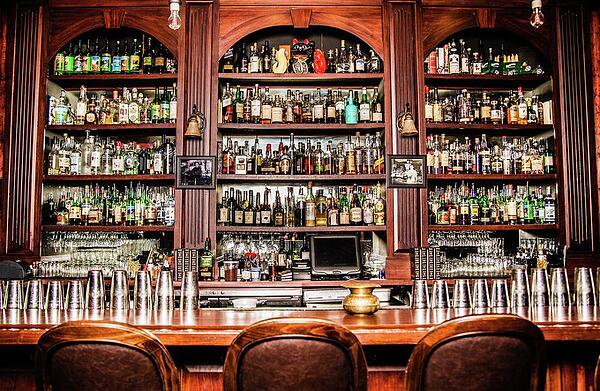
Williams and Graham
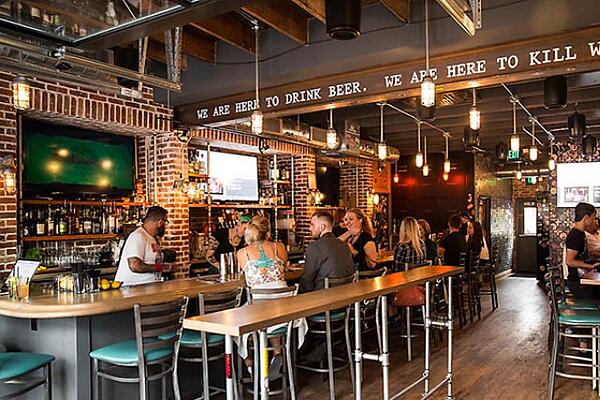
Occidental
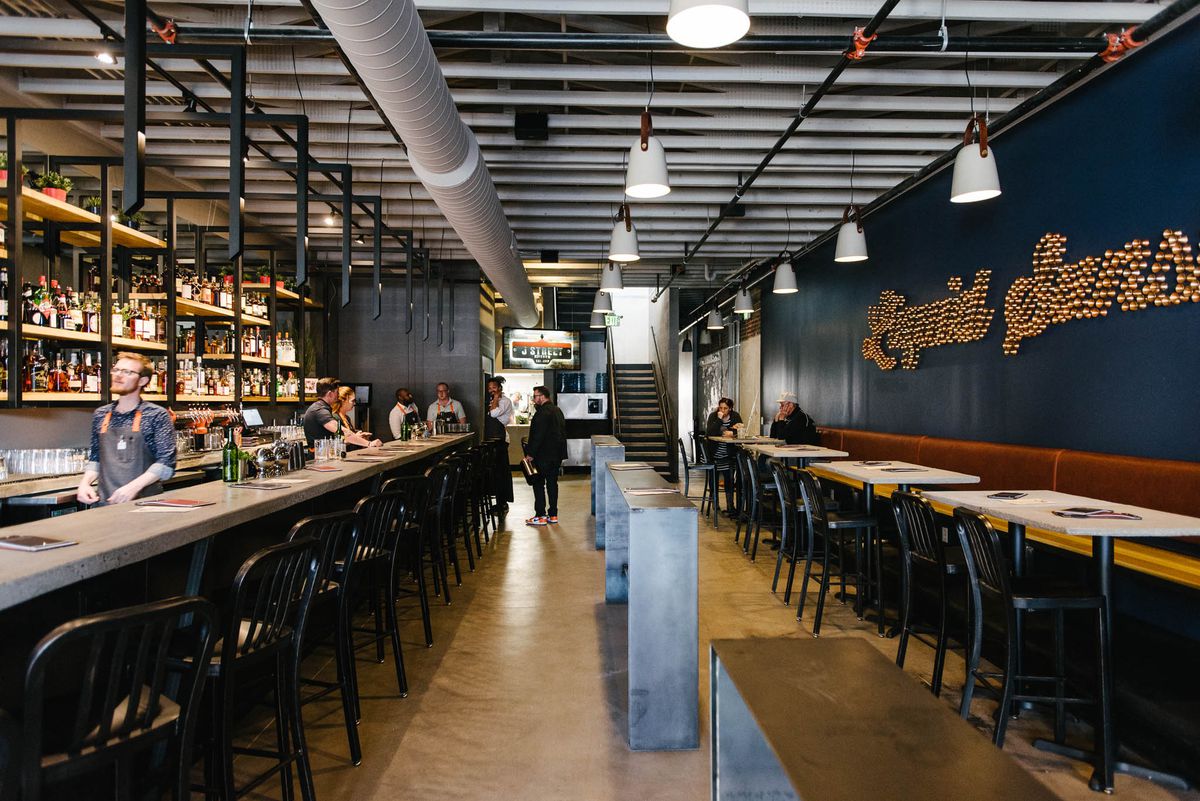
American Bonded
During the pandemic, what are you doing to keep your bars thriving? How are you pivoting?
With Occidental, we have an upper patio and we had a food truck out back on a lower deck. Right at the beginning of the pandemic we sold our food truck and created another patio downstairs so that we could fit more people. Adding that got us closer to what our regular capacity was. American Bonded has a rooftop space. We turned some of the picnic benches we had and put plants on them, so people couldn't sit there. We try our best to keep a design aesthetic without just having chairs overturned. I don't want my bars to look like a crime scene. We still want it to look like a place you want to be, while making sure that there are some tables and spaces that can't be in use because of our social distancing practice. Luckily for us the city of Denver has allowed us to close off the street in front. We were able to put 12 large picnic tables and umbrellas out there. So now we have a closed block that we can serve whenever the weather is good. And here in Colorado we get 300 days of sunshine a year.
As far as service goes, how you're making drinks, how you're bringing them out, have you had to change any of that?
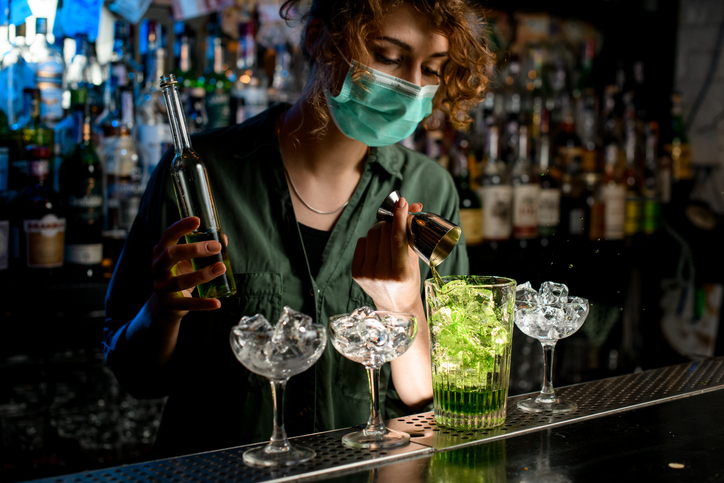
It's different now. We used to have two wells behind the bar. Now we operate everything from the cockpit. We put up two foot tall plexi all the way around to block off our food prep area. And the first set of seats at the bar start six feet away from the food prep area, and the next two seats are six feet away from that. Those areas are not taken care of by a bartender anymore. They're now serviced by someone on the floor.
You never let your dirty glassware returning from the table co-mingle with with your clean glassware. But now instead of having them three feet apart from each other, we set up a sanitation station on the side of the bar where all the dirty glassware and plates go. Then it gets transported to the dishwasher. We keep it away from the bar so the only glassware that ever comes behind our bars now is all clean. There was always constant hand washing, I mean we're in food service so we do that anyway, but now everybody's really hyper aware of contaminated surfaces. If there's any contact we have a full sanitation procedure for the bartenders. They can't touch another thing until they've gone to the sinks. Foot pedal sinks have worked well for us, keeping everything hands-free.
What other changes to the bar area have you made?
Setting up the well, you're basically taking on one and a half times the volume because the well bartender in our bars would take care of half the bar and all of the floor. Now they're taking care of the heart, the whole bar, and the floor. So we had to expand liquor shelves and steps behind the bar to go from a single rail to a double rail. We had to create more space and be more modular with everything that we do. Deeper and wider wells. And then the boxes inside that are segmented for the juices and the syrups and those things.
Everything is set up in cocktail order rather than traditional well order. Now there's groupings for quick grabbing and quick service. That traditional well style has gone out the door. Now when you're setting up your new well you're retrofitting it from a mid to high volume to high to very high volume. The Mise en Place has to be there. Everything has to be within a pivot.
When we do bar design we look at our menu, we look at how many cocktails are there, how many steps are in each and we coordinate everything. Then we think about where everything has to be. How many liquor steps do we need? Do I need a double rail or a single rail? What kind of inserts do I need? What do I need to keep cold? Where's my Mise en Place for my garnish, fruit for muddling and things of the sort. I think about ergonomics and bartender motion. Where are they going? Where are they reaching? Are they having to take a step anywhere? Are they having to turn and pivot or is it a turn and step?
A lot more companies that are building bars and restaurants are employing people in our industry to be designers, to take the known equipment that's out there and put it into the right places. We know how to adhere to local health department standards and how to meld that into the ergonomics of a bar.
Do you think some of the changes being implemented are not just a reaction to this current situation, but might be a better long-term solution moving forward?
I think this whole COVID situation and the way we've been forced into service is actually forcing bar operators to look at the way their bar is laid out for the first time in a very long time. Sometimes you get set like,”Okay this is it, this is how my bar is set up. That's how it's gonna be for forever.” And the bartenders adjust to that. Right now what people are doing is improving efficiency and sanitary process. Neither of those two things should go away. You can always get more efficient and you can always be more sanitary, right? Why would we ever go back to convention when we found a new way to do it? You don't have to take that away once once we go back to whatever the new normal is.
There's two things you can do now. You can retrofit with equipment that's out there. With a lot of the Krowne equipment, the measurements are standard and these pieces are modular. They can just fit right into where other pieces were. Or you can do a new build, designed for higher levels of sanitation and higher levels of efficiency where you're not just going back to the typical convention of designing a bar. And I think that it's really exciting because it's a whole new outlook on bar design that I think a lot more people will be looking at.
Is it more expensive to rethink your bar, or regardless of the price is it just a smart investment?
I think the price of designing differently—I'm talking about designing for higher efficiency at higher volume and higher sanitation—the price honestly if you look at all the equipment involved is equal to or slightly more than what you would be buying. But all that pays off in the end if you have a bar design that’s built like a Ferrari. You're there for racing. It's all about the output you can get from that and if you have a highly skilled partner behind that bar turning it out at the speed that bar is meant to work then you know you'll make your money back in labor cost and in the volume of goods that are going across the bar.
There's so many things that have evolved over the time that I've been bartending since 1980 and it's pretty cool to see where we're at now. I would have killed for some of the bar designs I've been behind now.
Any other thoughts around COVID or the pandemic?
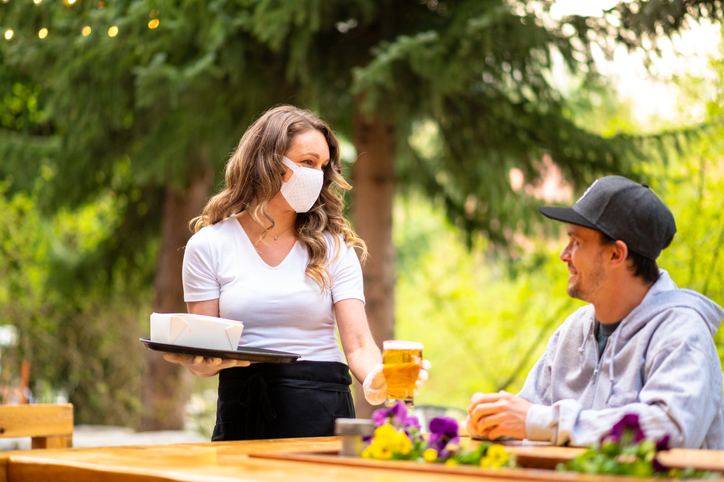
You know, a lot of states have allowed takeout and takeout cocktails and things of the sort. So if you're going to offer takeout cocktails they should be pre-bottled. I've seen it a few times here in Denver that people are offering their cocktails to go, but they're offering their standard cocktail menu and I've seen it bog down their service well really hard. Because now most bars are operating off of one well. You can get eight people outside walking through the streets that just want to take a drink with them and they're coming in single orders and your well is built for the volume of the floor and your bar. It's not built for the extra volume of people walking up. That's why a lot of that has to be premade and pre-bottled. You should create a smaller menu of cocktails available for takeout and have those just be grab and go. So you're looking at refrigeration there and purchasing glass bottles, but it pays. The bottles are 50 cents and less and for the most part it pays off in efficiency and I don't want to fill the world with more plastic.
How do you feel about the future of the industry?
I am way more upbeat about the return of our industry than a lot of my peers. I've fought my whole entire career and scrapped and hustled to get to where we are now. Too much to just throw in the towel because we've hit a large challenge. Our industry has survived depressions, the Spanish Flu, wars, economic downturns...we've fought through it all. This pandemic will change the way we operate forever. But my faith in this industry is based on the fact that we are fighters and we are scrappers and we are hustlers and we're people who make things work with the bit that we're given. On any given night you're fighting through adversity. There's no perfect shift. And I'm looking at this year as a difficult shift. I'm looking to help our bar and other people adapt and thrive. Find a way. Learn how to do more with less and carry that philosophy forward and it'll help you make money in the long run.
I'm not going to give up. I fight for the people that work with us. We treat them like family. We always have. It's the most overused term in our business, but you have to. We've been lucky. We've had 100 percent retention of the people that want to be there. The only people that haven't come back are people that are just not comfortable working right now and we'll find a way to work them back in when that time comes.

